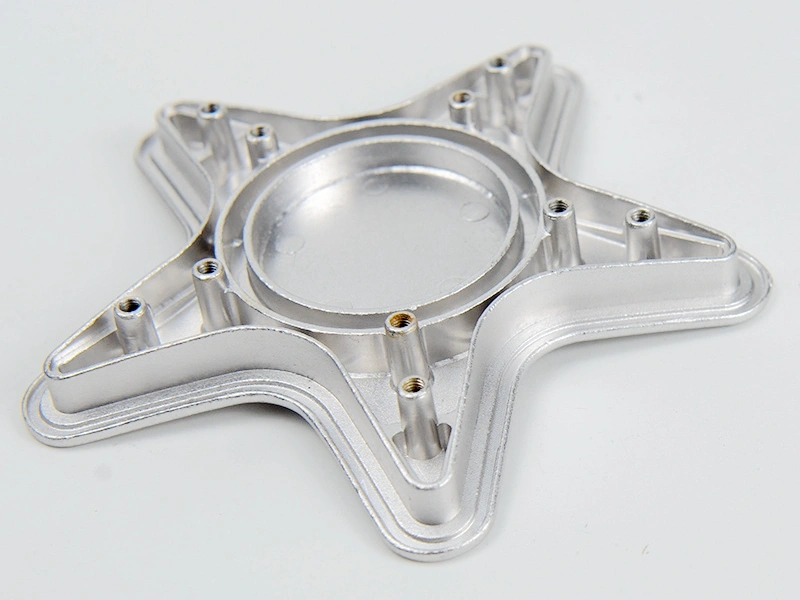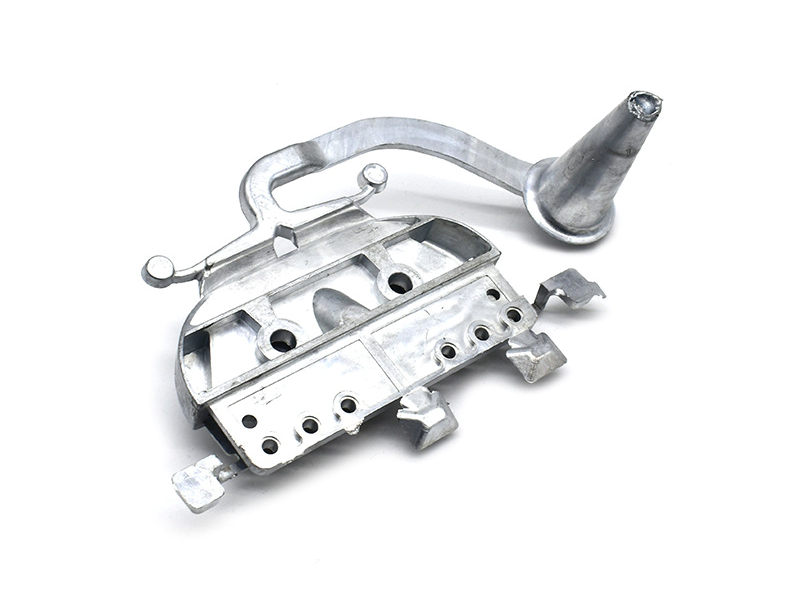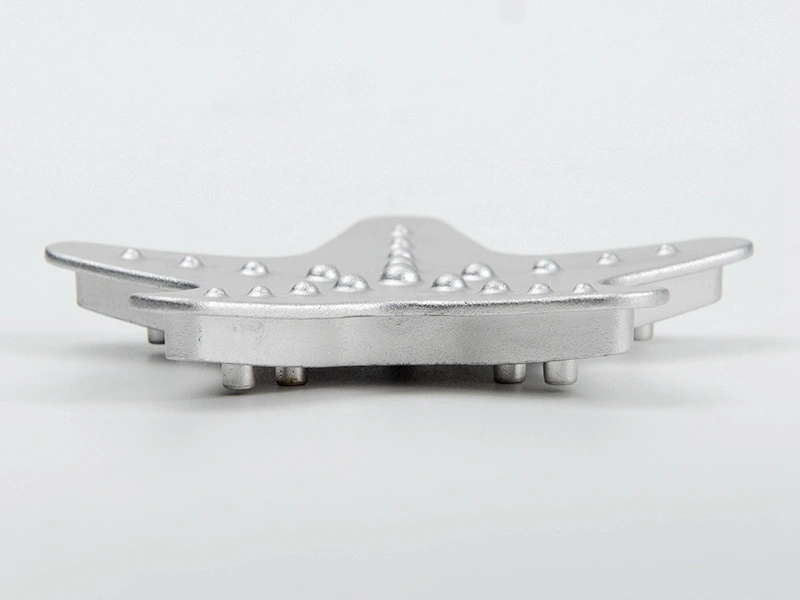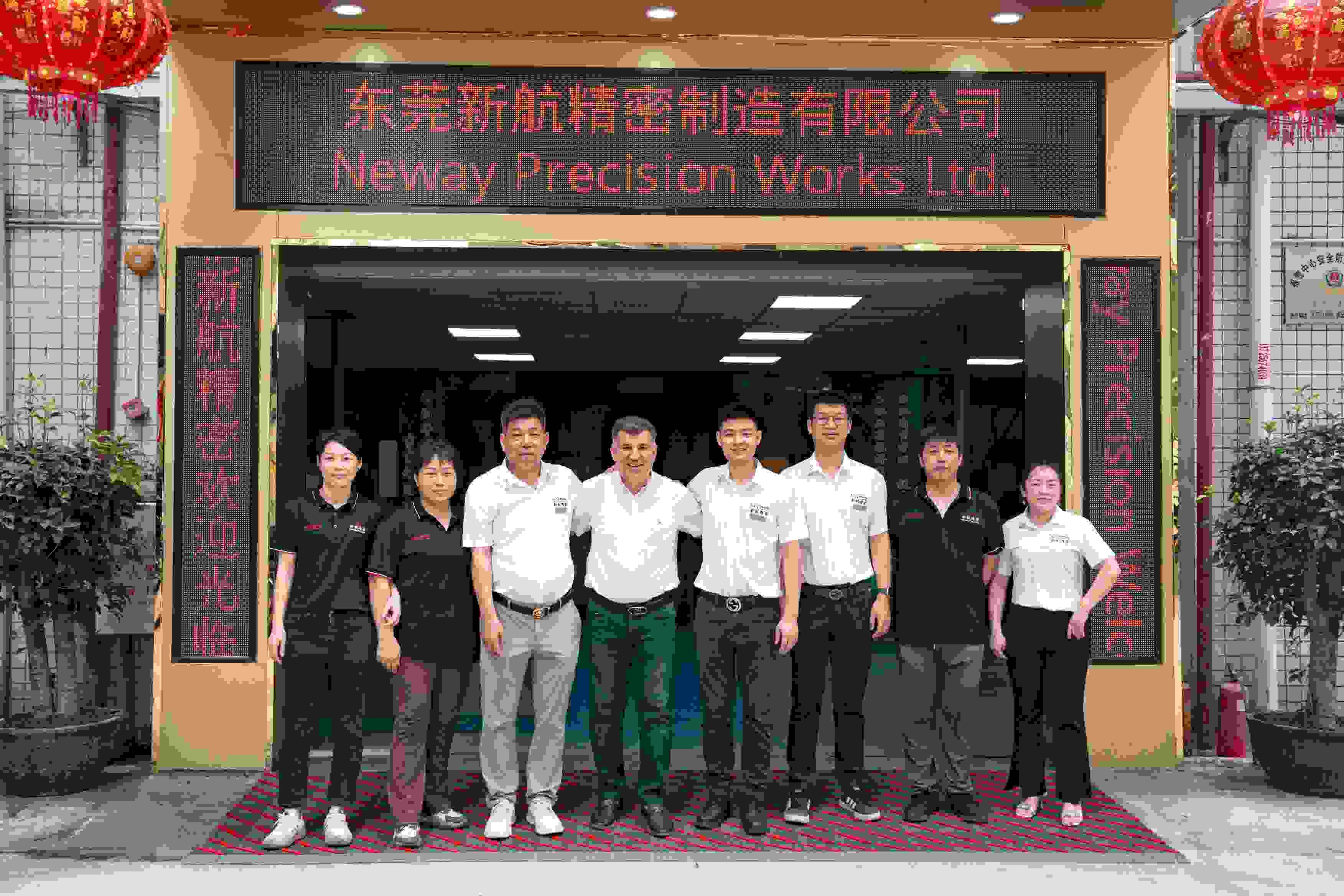How are handle assemblies tested for durability and corrosion resistance?
How Are Handle Assemblies Tested for Durability and Corrosion Resistance?
Overview of Automotive Handle Performance Requirements
Automotive exterior and interior handle assemblies must meet strict OEM standards for durability, environmental resistance, and long-term mechanical function. These tests ensure the handle performs reliably throughout the vehicle’s lifecycle despite exposure to moisture, UV radiation, temperature cycling, and repeated actuation. Whether made from zinc die casting, aluminum, or plastic, all handle assemblies undergo standardized validation.
Durability Testing for Mechanical Performance
Handle assemblies are subjected to fatigue and load cycle testing to simulate years of use:
Cycle Life Test: Simulates repeated opening and closing, typically 50,000 to 100,000 cycles.
Pull and Push Force Test: Applies axial and transverse loads (often up to 500 N or more) to verify mechanical strength.
Vibration Testing: Evaluates fatigue under road-simulated vibrations in multiple axes.
Temperature Cycling: Subjects the handle to alternating -40°C to +85°C cycles to assess material expansion, joint integrity, and mechanical stability.
Zamak handles, such as those made from Zamak 5, perform well in mechanical cycling due to their high strength and dimensional stability.
Corrosion Resistance Testing
To ensure longevity in harsh environments, corrosion testing includes:
Salt Spray Test (ASTM B117 / ISO 9227): 240 to 720 hours of exposure to a salt fog chamber to assess coating integrity, typically for powder coated, anodized, or plated components.
Humidity Test: 95% relative humidity exposure to assess potential oxidation or material swelling.
Stone Chip Resistance (ISO 20567-1): Simulates gravel impact to evaluate coating adhesion under mechanical impact.
Chemical Resistance: Evaluates exposure to automotive fluids (fuel, oil, windshield washer fluid) to check for discoloration or surface degradation.
Pre- and post-coating surface quality is often verified using CNC machining to ensure flatness and sealing for electroplated or painted finishes.
Appearance and Surface Inspection
Handles used in visible locations must pass visual and dimensional inspection for:
Gloss level, texture uniformity, and color matching
Adhesion (cross-hatch) tests for coatings or paint (ASTM D3359 / ISO 2409)
Hardness test for scratch and abrasion resistance (ASTM D3363 pencil hardness)
Surface flatness and thickness after coating or painting
Neway’s Quality Testing Capabilities for Handle Assemblies
Neway ensures all handle assemblies meet customer performance requirements through:
Functional validation and assembly inspection
In-house environmental and dimensional testing per OEM specifications
Corrosion-resistant zinc casting with post-treatment options
Surface finishes optimized for long-term durability and appearance via post-processing



